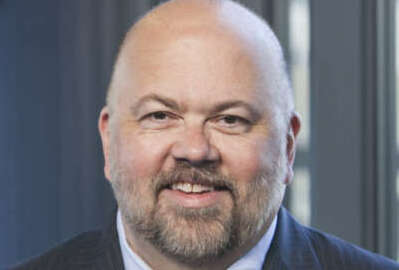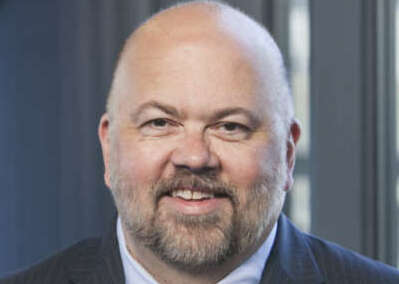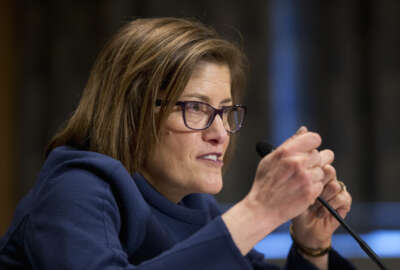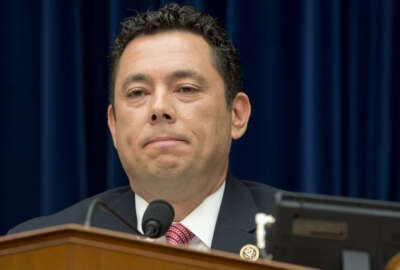
Should political appointees be barred from career jobs?
For some folks, the idea of a ban on burrowing makes a lot of sense. The problem is that solving one problem creates another.
This column was originally published on Jeff Neal’s blog, ChiefHRO.com, and was republished here with permission from the author.
The Government Accountability Office (GAO) issued a report last week — Actions Needed to Improve Documentation of OPM Decisions on Conversion Requests — analyzing conversions of political appointees to career jobs from Jan. 1, 2010 through March 17, 2016.
As the titled says, GAO concluded that the Office of Personnel Management and agencies need better documentation on such conversions. GAO also concluded that, “The merit-based conversion of political appointees to career positions can be useful in achieving a highly qualified workforce. We found that OPM’s reviews of proposed political conversions are helping to ensure that agencies are using appropriate authorities and following proper procedures in making these conversions.”
GAO did not address the impact of OPM’s policy, issued during the first months of the Obama administration, on the actual amount of “burrowing in” that occurs. Nor did it address some aspects of prohibited personnel practices that can come into play when political appointees apply for career jobs.
Let’s start with the effectiveness of the policy. In 2010, GAO studied the issue of burrowing in during the George W. Bush administration. They found that, in a 4-year period from May 2005 through May 2009, agencies converted 139 politicals to career jobs. The study released last week showed that agencies converted 76 politicals in a period of more than 6 years. It is safe to conclude that the policy is making a difference. A reduction from an average of 2.9 instances of burrowing in per month to only 1 per month is a significant change. The rate of burrowing in was three times higher during the last 4 years of the George W. Bush administration. While the record keeping needs to be improved, there is no disputing the fact that the OPM policy is working.
The lack of significant problems in the GAO report should not be surprising. When I was appointed as chief human capital officer at the Homeland Security Department, I was asked to look into burrowing in by Bush appointees. Some of my colleagues were convinced that something underhanded must have happened. What I found was that every appointment was consistent with the law. They had done nothing wrong. Every administration and every Congress wants to look into this issue, and the answer is generally the same.
That leads to the second issue. Should burrowing in happen at all? Why not just tell agencies that they cannot hire political appointees? For some folks, the idea of a ban on burrowing makes a lot of sense. The problem is that solving one problem creates another. Unless there is a change in civil service law, agencies cannot ban political appointees from applying for and being selected for jobs. The reason is found in the Prohibited Personnel Practices (5 USC § 2302(b)). Agencies are prohibited from discriminating against employees or applicants for employment “on the basis of marital status or political affiliation.” Banning political appointees, simply because they are appointees, violates the law by discriminating against appointees based on their political affiliation.
During the period from January 2010 through May 2016, agencies hired or transferred in 1,494,238 people. Of those, 0.005 percent were conversions of political appointees. It might be popular for politicians to decry the practice of burrowing in, or for the public to look at it and believe it is a terrible practice, but the fact is that there is a tiny amount of it, it is easy to discover and document, and it is on the decrease rather than on the increase. Add to that the fact that banning it without legislation is illegal, and what we are left with is a “problem” that is not a problem.
Jeff Neal is a senior vice president for ICF and founder of the blog, ChiefHRO.com. Before coming to ICF, Neal was the chief human capital officer at the Homeland Security Department and the chief human resources officer at the Defense Logistics Agency.
Copyright © 2025 Federal News Network. All rights reserved. This website is not intended for users located within the European Economic Area.





